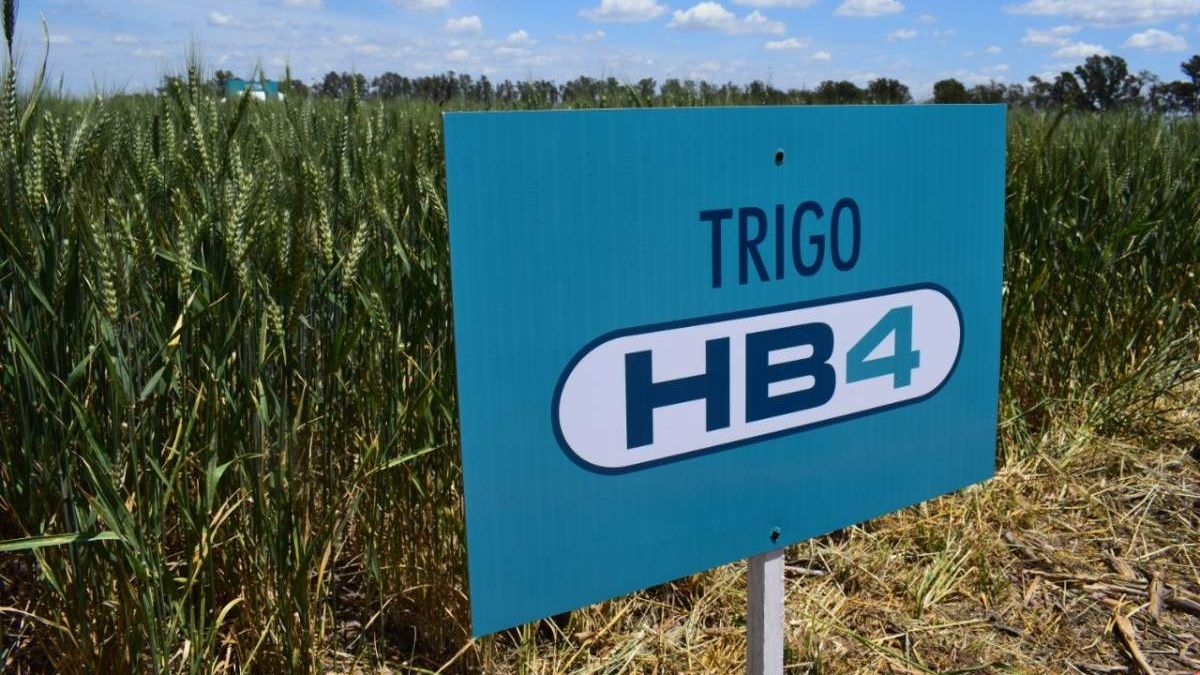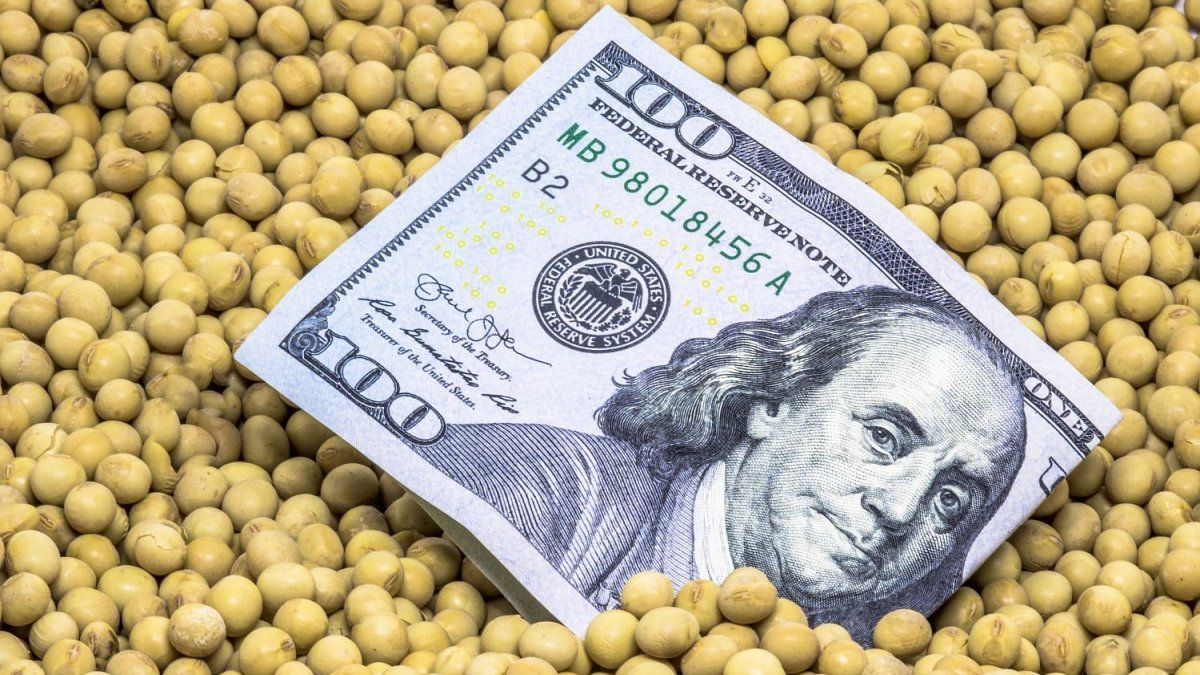Currently, these countries represent approximately 85% of global soybean production. “All the main oilseed producers in the world had already approved it. Now so has China, the main importer and consumer of soybeans. This confirms that our country is a pioneer in its ability to innovate in biotechnology at a global level”, they expressed from Bioceres.
The truth is that although HB4 soy was already approved in Argentina, its marketing was subject to Chinese approval. Until now, Bioceres had been planting under a “preserved identity” mechanism, within the program HB4 generation, that is to say, applying protocols that guarantee that the production is commercialized or mixed with other authorized varieties.
The Chinese approval opens the door for the firm to commercially launch the product, but from the national capital company they explain that they are analyzing the official launch of this technology that can not only revolutionize agricultural production but also continue expanding the agricultural frontier.
The main axis of this Bioceres plan is the “HB4 Generation, a collaborative linkage program that aims to encourage agricultural producers to produce wheat and soybean seeds with the HB4 gene, which gives them tolerance to extreme situations of lack of water and salinity.
The development of drought-resistant HB4 soybean began in the laboratory of Raquel Chan, a researcher at Conicet and the Universidad Nacional del Litoral, and was later promoted by Bioceres.
In this context, Bioceres shares rose as much as 26% around noon on Friday when the news that China approved HB4 transgenic soybeans, resistant to drought, became official. On closing, the rise in the paper of the biotechnological company registered an increase of 21.97%, with a value of US$14.60, after closing the previous day at US$11.97.
According to market sources, the impact generated by HB4 wheat alone is expected to be between 15 and 20 million dollars in Ebitda by 2024, which would represent approximately 195 million dollars in additional income for the company.
Precisely, the company is also currently developing the same technology for wheat. The initiative raised claims from part of the producers and mainly from the collectors, who fear “commercial contamination” at harvest time.
For this reason, Bioceres had come out to defend development. “We are not a risk for the wheat chain, this is a national pride”, had pointed out Claudio Dunan, Director of Strategies at Bioceres.
Source: Ambito
David William is a talented author who has made a name for himself in the world of writing. He is a professional author who writes on a wide range of topics, from general interest to opinion news. David is currently working as a writer at 24 hours worlds where he brings his unique perspective and in-depth research to his articles, making them both informative and engaging.




